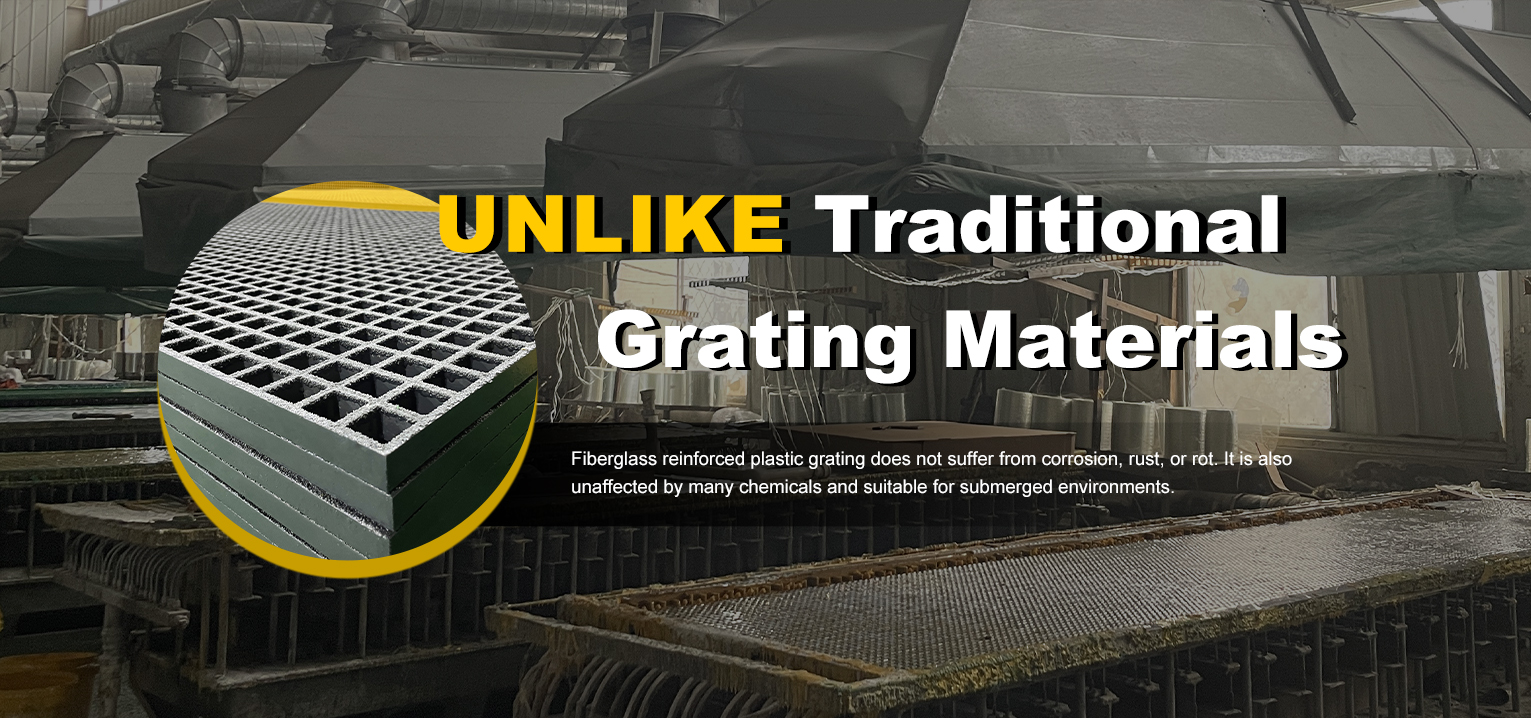loading...
- No. 9, Xingyuan South Street, Dongwaihuan Road, Zaoqiang County, Hengshui, Hebei, China
- admin@zjcomposites.com
- +86 15097380338
- Welcome to visit our website!
Understanding the Benefits and Functions of Water Softening Systems for Hard Water Issues
Understanding Hard Water and the Benefits of a Water Softener
In many regions around the world, households face the challenges posed by hard water. This term refers to water that contains a high concentration of dissolved minerals, primarily calcium and magnesium. While these minerals are not harmful to health, they can cause a range of inconveniences and issues within the home. Fortunately, the solution lies in a device known as a water softener.
What is Hard Water?
Hard water is formed when water passes through deposits of limestone, chalk, or gypsum, which are rich in calcium and magnesium. The hardness of water is typically measured in grains per gallon (GPG) or parts per million (PPM), with water over 7 GPG considered hard. In many households, hard water can lead to various problems, from unsightly stains on fixtures to reduced efficiency of appliances.
Problems Caused by Hard Water
One of the most visible effects of hard water is the formation of scale buildup. This mineral deposit can accumulate on faucets, showerheads, and inside appliances like dishwashers and water heaters, significantly reducing their efficiency and lifespan. For instance, a water heater with scale buildup can operate less efficiently, leading to higher energy bills—a problem that can be exacerbated over time if left unaddressed.
Moreover, hard water can also impact the quality of cleaning. It tends to react with soaps and detergents, resulting in less lather and leaving behind soap scum on surfaces and fabrics. This means that homeowners may find themselves using more soap than necessary, leading to increased spending on household cleaning products. Laundry washed in hard water may also appear dingy, feel stiff, and wear out more quickly.
hard water softener

Another concern is the effect of hard water on skin and hair. Those with sensitive skin may experience dryness or irritation due to the minerals in hard water. Similarly, hard water can leave hair looking dull and tangled, making it difficult to manage and style.
The Role of Water Softeners
A water softener is a device designed to remove the minerals that cause water hardness. It operates through a process known as ion exchange. In this process, calcium and magnesium ions are exchanged for sodium ions when hard water flows through the softener's resin tank. As a result, softened water contains fewer minerals, providing a range of benefits.
One of the primary advantages of using a water softener is the improved efficiency of household appliances. By reducing scale buildup, appliances can operate more effectively and often last longer. Homeowners can also expect lower energy costs, as appliances function at optimal levels.
Softened water also enhances the effectiveness of soaps and detergents, allowing users to clean with less product. This not only results in cleaner dishes and laundry but can also save money in the long run. Additionally, soft water can lead to softer skin and shinier hair, improving personal hygiene routines.
Conclusion
Investing in a water softener can significantly improve the quality of life for those dealing with hard water. By addressing the issues associated with mineral buildup and enhancing the cleaning efficiency of detergents, a water softener serves as a practical solution to common household problems. Whether it’s extending the life of appliances, saving on energy costs, or improving skin and hair health, the benefits of soft water are numerous. As more homeowners become aware of these advantages, the popularity of water softeners continues to rise, making it an essential consideration for households affected by hard water.
-
The Rise of FRP Profiles: Strong, Lightweight, and Built to LastNewsJul.14,2025
-
SMC Panel Tanks: A Modern Water Storage Solution for All EnvironmentsNewsJul.14,2025
-
GRP Grating: A Modern Solution for Safe and Durable Access SystemsNewsJul.14,2025
-
Galvanized Steel Water Tanks: Durable, Reliable, and Ready for UseNewsJul.14,2025
-
FRP Mini Mesh Grating: The Safer, Smarter Flooring SolutionNewsJul.14,2025
-
Exploring FRP Vessels: Durable Solutions for Modern Fluid HandlingNewsJul.14,2025
-
GRP Structures: The Future of Lightweight, High-Performance EngineeringNewsJun.20,2025
